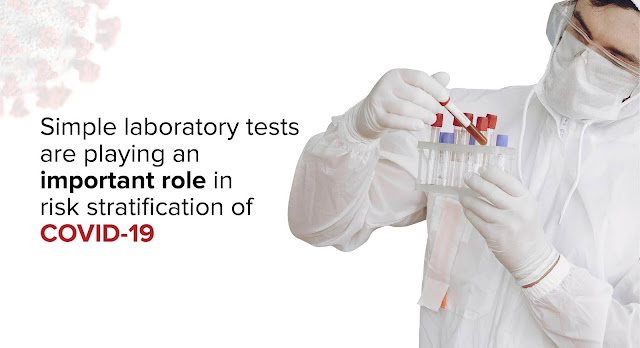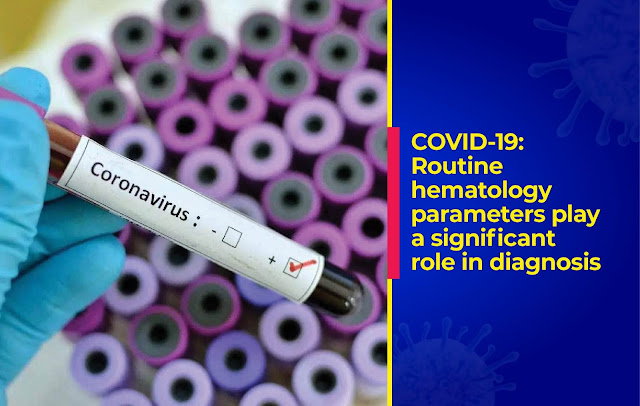Urinalysis: A useful test for risk stratification of COVID-19

Clinicians have been relying on urine testing, which is giving medical experts a plethora of information, to monitor patients’ renal function which can be impacted by COVID-19. Involvement of kidney Researchers have been able to successfully isolate SARS-CoV-2 from the urine sample of an infected patient, suggesting that the virus attacks the kidneys. SARS-CoV-2 uses the Angiotensin-converting enzyme (ACE 2) receptor for entry and multiplication. Therefore cells expressing ACE2 may be target cells and are thus susceptible to SARS-CoV-2 infection. Such cells include alveolar type II cells of the lungs and podocytes which are typically found in the kidneys. Once it enters the cells, the virus causes sepsis leading to cytokine storm syndrome or direct cellular injury. Acute Kidney Injury (AKI) - an independent risk factor Acute Kidney Injury (AKI) or acute renal failure is a sudden episode of kidney failure or damage that happens within in a short period of time. It is most common





